Is multitasking a myth? People seem to be able to do more than one thing at a time, for example we can drive a car and listen to music. But is this really multitasking? When we have reached a degree of automaticity on a task—that is, not requiring cognitive processing on our part—then we can do one or more simultaneously. For example, if a driver travels to work every day, using the same route, it becomes automatic. Therefore, the driver can listen to music on the radio or talk to a passenger.
This isn’t the case when we don’t have a level of automaticity with the task. Have you ever gotten lost while driving and turned the music down? This helps us concentrate because this journey is not automatic.
Multitasking refers to a person’s ability to deal with more than one conscious thought or information processes (tasks) at the same time with no loss of speed or accuracy. A computer or digital device can do this easily and effectively, but humans can’t—as much as we may think or believe we can! If people don’t multitask, what do they do?
Multitasking is a myth because in fact what people are doing is task-switching. This involves very rapidly switching from one task to another, pausing and returning to the previous task. We are quickly shifting our focus and attention from one task to another. For things that require our conscious effort and concentration, it is all but impossible to do two things at once. People often assume (or pretend) that they are multi-tasking, but they are task-switching.
Paul A. Kirschner and Pedro De Bruyckere write, “Learners cannot multitask; they task switch which negatively impacts learning” (2017). Students may be adamant they can complete the set task and talk to their classmate at the same time. It is likely they are task switching between talking to a peer and writing. This means they are also more likely to make errors in their work. Individuals often multitask to try to be more productive and efficient, but numerous studies have shown that attempting to multitask actually reduces efficiency.
People often make mistakes when they multitask; this is because they are task switching and trying to do too many things—and failing! Instead, we should concentrate solely on one task before moving onto another. And as teachers, we should ensure that our students do the same. Multitasking can waste time and reduce productivity. In a classroom, effective teachers work to maximise opportunity to learn, which also means minimise inefficient learning tasks (Coe et al., 2020).
Research has also shown that when participants had to multitask they experienced higher levels of stress, frustration, and felt under greater pressure. Other studies have revealed individuals multitask because they believe they are good at it. Those who wrongly believe they should multitask are often those who are most ill-suited to carry it out, and more likely to show high levels of impulsive behaviour. (Mark, Gudith, & Klocke, 2008)
Research evidence suggests that multitasking is an inefficient strategy because it causes individuals to make errors, increases stress, reduces cognitive abilities, and hinders productivity. If accuracy is important, it is best for students (or all of us, really!) to do one thing, finish it, and then start another. It is important to continually ensure students are focused on a specific task before moving onto another. As tempting as it may be to save time and feel productive, attempting to multitask is not the answer. Instead, teachers and students should avoid task-switching and focus on task completion.
References & further reading:
American Psychological Association. (2001) Multitasking undermines our efficiency. https://www.apa.org/monitor/oct01/multitask
Coe, R., Rauch, C. J., Kime, S., & Singleton, D. (2020). Great teaching toolkit: Evidence Review. Evidence Based Education. https://evidencebased.education/great teaching-toolkit/
Dillner, L. (2017, May 8). Are people who think they can multitask deluding themselves? The Guardian. https://www.theguardian.com/lifeandstyle/2017/may/08/people-think-can-multitask-deluding-themselves-concentration
Janssen, C. P., Gould, S. J. J., Li, S. Y. W., Brumby, D. P., & Cox, A. L. (2015). Integrating knowledge of multitasking and interruptions across different perspectives and research methods. International Journal of Human-Computer Studies, 79, 1–5. https://doi.org/10.1016/j.ijhcs.2015.03.002
Kirschner, P. A., & de Bruyckere, P. (2017). The myths of the digital native and the multitasker. Teaching and Teacher Education, 67, 135–142. https://doi.org/10.1016/j.tate.2017.06.001
Mark, G., Gudith, D., & Klocke, U. (2008). The cost of interrupted work. Proceedings of the SIGCHI Conference on Human Factors in Computing Systems, 107–110. https://doi.org/10.1145/1357054.1357072
Rubinstein, J. S., Meyer, D. E., & Evans, J. E. (2001). Executive control of cognitive processes in task switching. Journal of Experimental Psychology: Human Perception and Performance, 27(4), 763–797. https://doi.org/10.1037/0096-1523.27.4.763
-
[…] let’s not forget, multitasking is a myth, so do one thing at a […]
[…] errors: The likelihood of making mistakes rises as attention is divided 5 […]
[…] may excel in juggling multiple tasks simultaneously. However, this belief, often termed the “Multitasking Myth,” lacks substantial evidence to support its validity. In reality, there is no concrete proof […]
Leave a Comment






This is an excellent resource for educators striving to align classroom practices with solid research. The emphasis on data-informed teaching and continuous professional development is exactly what today’s education systems need. Thank you for making complex ideas so accessible and actionable.